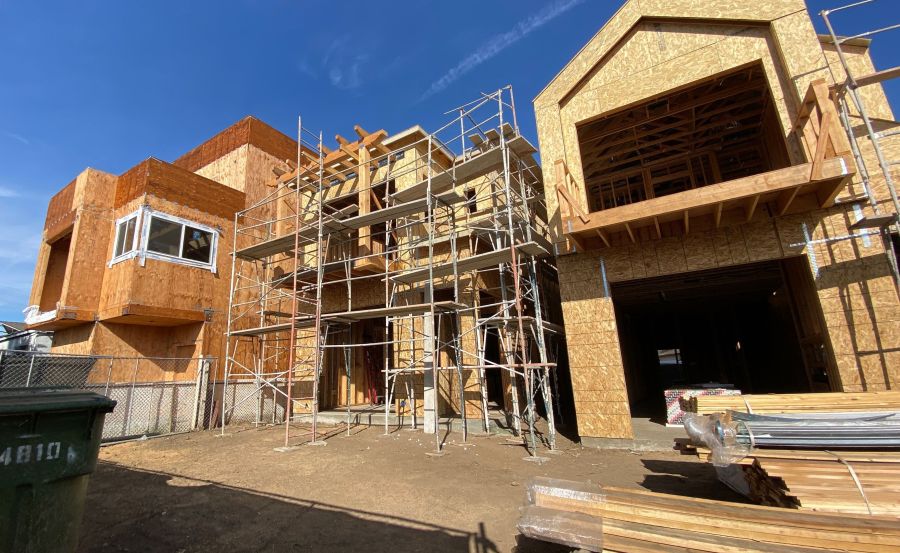Several bills advancing through the California Legislature could lead to significant reforms of the state’s environmental review law, with the goal of addressing California’s ongoing housing crisis.
One of the bills, Assembly Bill 609, authored by Buffy Wicks (D-Oakland), would establish a CEQA exemption for most urban housing developments. The bill is part of the Fast Track Housing Package, a collection of 20 bills that aim to expedite the approval of housing projects.
The California Environmental Quality Act, enacted in 1970, requires public agencies in California to evaluate the potential environmental impacts of proposed projects and avoid those impacts, if possible.
However, many argue that the law has been weaponized to block new housing projects and development.
“CEQA can be an expensive and lengthy process, especially for large or complicated projects. This is true even if there is no litigation. Preparation of an Environmental Impact Report under CEQA can take a year or longer and cost hundreds of thousands of dollars, or even, in some cases, more than $1 million,” a 2024 report from the bipartisan Little Hoover Commission said.
The Los Angeles Times also pointed out that when CEQA threatened to stop enrollment at UC Berkeley, prevented the Sacramento Kings from building their new stadium, or prevented renovations of the state Capitol, lawmakers stepped in.
With the various exemptions, critics have nicknamed the law “Swiss cheese CEQA.”
“Right now, it takes far too long to build the housing Californians need — and that’s a failure of government,” Assemblymember Wicks said in a statement. “The Fast Track Housing package is about making our systems work better: clearer rules, faster timelines, and fewer bureaucratic hoops. It’s not about cutting corners — it’s about being honest that what we’re doing isn’t working.
Gov. Gavin Newsom has also announced his support for reforms to CEQA.
Still, not everyone is in favor of the proposed changes to the environmental law. Dozens of environmental and labor groups, such as the California Preservation Foundation and Livable California, are opposed to the proposed changes.
Improving California’s housing crisis has been a priority for Newsom since taking office.
In 2018, Newsom, in a Medium post, wrote, “As Governor, I will lead the effort to develop the 3.5 million new housing units we need by 2025 because our solutions must be as bold as the problem is.”
Newsom has since revised that goal, setting a new benchmark for cities to plan for 2.5 million homes by 2030
